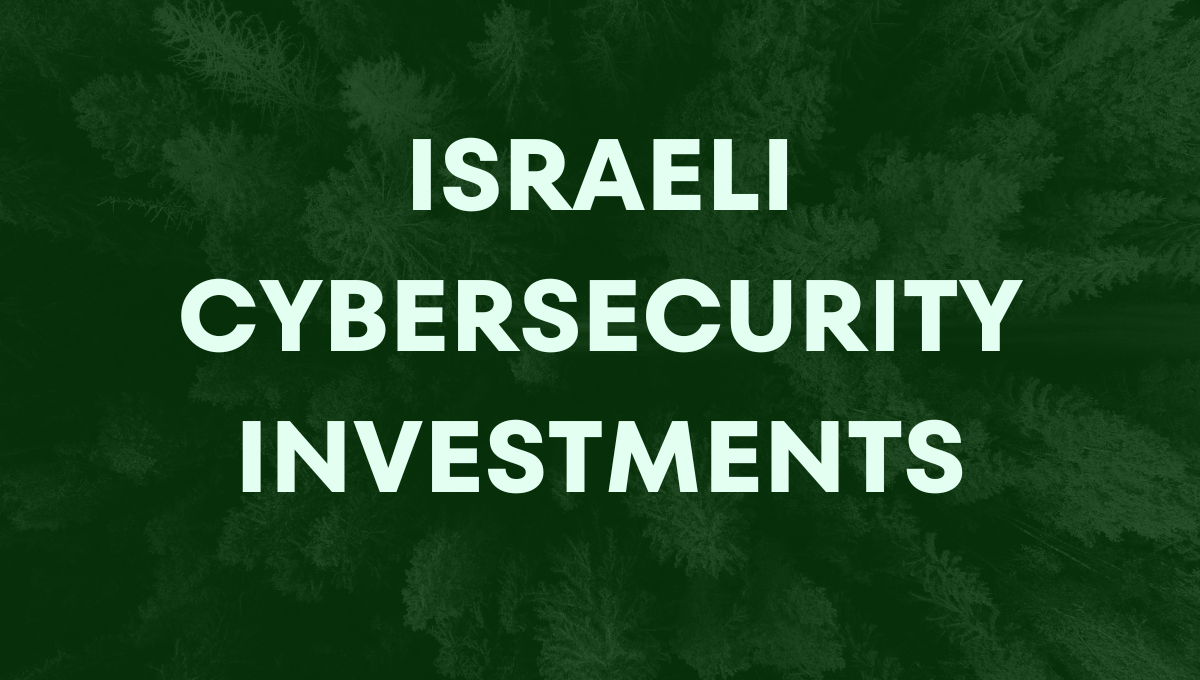Cyber Security
How Does A Security Orchestration Platform Work?
Cyber Security
Israeli Cybersecurity Investments: Fueling Innovation and Growth
As cyber threats continue to increase in frequency and complexity, the need for robust cybersecurity measures has become more pertinent than ever. To combat these threats, companies worldwide are investing heavily in cybersecurity technologies and services. In recent years, Israel has emerged as a leading hub for cybersecurity innovation and expertise, attracting significant venture capital investments in the sector. In this blog post, we will explore how cybersecurity venture capital investments are fueling innovation and growth in Israel’s cybersecurity industry, and why this trend is likely to continue in the years ahead. We will also examine some of the most promising Israeli cybersecurity startups that have attracted significant investments and are poised to make a significant impact in the global cybersecurity market.
Cyber Security
Cybersecurity venture capital
There are many ways to guard against cyberattacks, but as the number of malicious programs and attacks continues to grow, more companies are investing in cybersecurity venture capital. Find out what some of the benefits of investing in this type of funding is, and how you can find a company that will be a good fit for your company’s needs.
Cyber Security
Cyber Security Investments: Detection vs. Prevention
-
Industrial Solutions2 years ago
The Connected Worker Platform And Industry 4.0 Safety
-

 Tech2 years ago
Tech2 years agoCreating a Hyper-Realistic Avatar With 3d Modeling
-
Press Release3 years ago
Perineal Massage Made Easy with new Perimom Device
-
Marketing & Analytics1 year ago
How SMS Services And Software For Bulk SMS Sending Can Help Your Business Grow
-
3D Technology10 months ago
3D Scanner Technology for Android Phones: Unleashing New Possibilities
-
Marketing & Analytics1 year ago
A Complete Guide To HubSpot’s New B2B Marketing, Sales Hub, and Prospecting Tool
-
Software2 years ago
A Beginner’s Guide to Casino Software
-
Mobile Solutions3 years ago
Business to Business (B2B) marketing; a major challenge for startups & SMEs











